Recognizing the warning signs is the best approach to stay clear of Forex Trading scams in Australia.
Forex trading scams run rampant worldwide, including in the Down Under. Scammers mainly weave webs of traps in order to take advantage of laymen who have just started investing in forex, cryptocurrency, and other investment vehicles. But experienced traders may be caught in the snare too.
A recent report shows around $170 million in losses related to investment scams in Australia in 2021, more than two times higher than in the previous year. Not all of them are Crypto and Forex trading scams, but lots of them are. We'll examine how these frauds operate, how to avoid them, and who to contact if you fall victim to one and live in Australia.
See Also:
What's the Modus Operandi Behind Australian Forex Trading Scams?
The four main sources of Forex trading scams in Australians are the phone, internet, social networking, and email. Nearly 90% of all losses from investment-related frauds in Australia in 2021 came from these sources. Con artists may use any of these methods of contact to get in touch with you and try to convince you to invest your money with them.
- Pose as reputable brokers: The con artists may pose as a reputable Forex broker and solicit your investment of funds so they can trade on your behalf. They will probably "guarantee" outrageously high and rapid returns on your investment, then sending you some small payments. But they soon cease communicating once you try to get back all of your money. Sometimes, instead of letting you withdraw your funds, they devise another investment plan and demand even more money.
- Use cryptocurrencies: Scammers frequently utilize Bitcoin and other cryptocurrencies in their schemes. On the one hand, all the hubbub around Crypto has tempted more and more people to start investing. Transactions are irrevocable and untraceable because cryptocurrencies are decentralized, based on blockchain technology, and encrypted.
- Pose as an investment: You should also beware of "traditional investment scams" and other types of investment fraud—such as fake bond, Ponzi, and romance-baiting. Be skeptical of anyone that offers great profits at low risk. Anything that seems too good to be true, probably is.
The recent Netflix documentary, The Tinder Swindler, depicts how someone assumes a false identity and seduces another person to steal from the victim. Although none of the three victims came from Australia, it should be noted that the conman operates all around the world.
Who are The Most Vulnerable?
Most reports and losses come from older Australians, particularly those in their 40s and above. While they may not be tempted by quick gain and seek to invest their money in genuinely reputable companies, they are more easily convinced by con artists' false statements.
Scammers often utilize legal prospectuses of ASIC-registered firms, connect to their real websites, and feature the correct ABN/ACN details. However, scammers alter crucial information such as contact and banking information—and this is where the victims fall.
In this context, we have to "be smart" online. It's crucial to get in touch with investment firms using the information you independently get by conducting a web search, visiting the business's website, or checking with ASIC. Also, regardless of your confidence, you should always get second opinions from qualified financial advisors.
See Also:
How Can Australians Protect Themselves from Forex Trading Scams?
Recognizing the warning signs is the best approach to stay clear of Forex Trading scams in Australia. Here are some of them:
- Con artists may promise huge returns with minuscule risk. This is obviously false, because every seasoned trader is aware that 100 percent success rate is unattainable. Higher returns come with greater risk, and no one can ever guarantee a return because there is always a chance that you will lose money when you invest or trade.
- Swindlers may further buttress their offers by asserting that they have some "secret" knowledge about a business or the markets. Even if that were true, trading with any "secret" information about a firm or using insider information is prohibited in Australia.
- Scammers may contact you by sending you phony screenshots of trading gains or images of their opulent lifestyle. Trying to manipulate your psychology, they will probably make up stories about how they got rich and how you can emulate it by investing your money with them. That is typically more than enough to qualify as a warning sign.
Considering that scammers are always improving their skills, we should be updated of their latest modus operandi too. Information on various investment options and how to recognize investment fraud can be found on the MoneySmart website, which is managed by the Australian Securities and Investments Commission (ASIC).
Australian Competition and Consumer Commission (ACCC) also deliver red alerts through their Scamwatch Twitter account and mail subscription.
How to Respond if You Think You Have Been Defrauded
You should immediately get in touch with your bank or other financial institution in which your account details have been shared with scammers. In addition, ASIC and IDCARE may provide free assistance.
Australian corporations, financial markets, financial services providers, and professionals offering investment advice are all subject to ASIC regulation. As such, they can tell you whether the entity soliciting you is a legitimate Australian Forex broker or a scam.

 Dedicated FREE FOREX VPS
Dedicated FREE FOREX VPS Free FOREX Virtual Private Server
Free FOREX Virtual Private Server MT4 Demo Contest, Get $500
MT4 Demo Contest, Get $500 Sign Up for an Account, Claim 60% Deposit Bonus
Sign Up for an Account, Claim 60% Deposit Bonus Free MT4/MT5 VPS 2024
Free MT4/MT5 VPS 2024 Send E-mail and Get Free Merchandise
Send E-mail and Get Free Merchandise $1K Refer a Friend Bonus for Pepperstone Pro clients
$1K Refer a Friend Bonus for Pepperstone Pro clients Maximize Your Earnings with 100% Deposit bonus
Maximize Your Earnings with 100% Deposit bonus Trade to Win, $5,000 Monthly Demo Contest
Trade to Win, $5,000 Monthly Demo Contest Claim 30% + 15% Deposit Bonus from LiteFinance
Claim 30% + 15% Deposit Bonus from LiteFinance
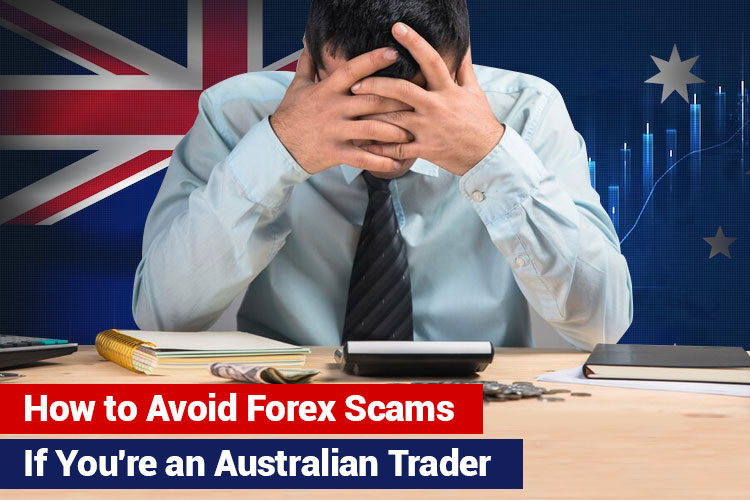
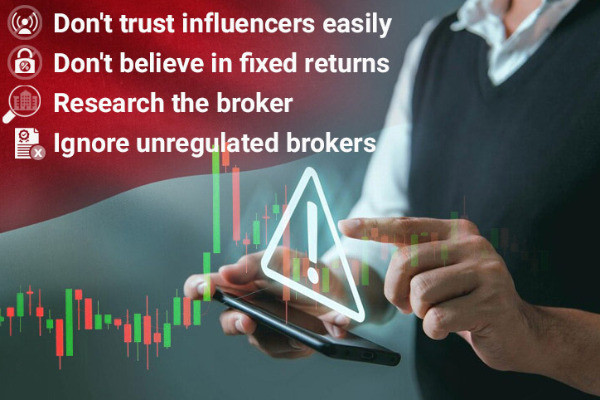
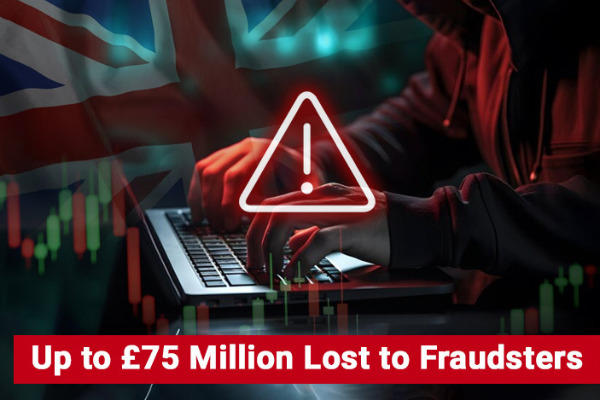
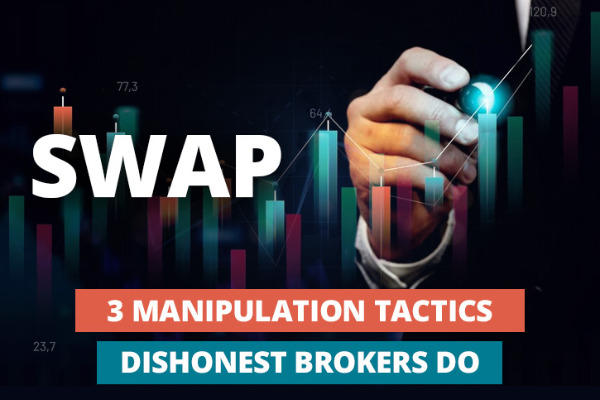
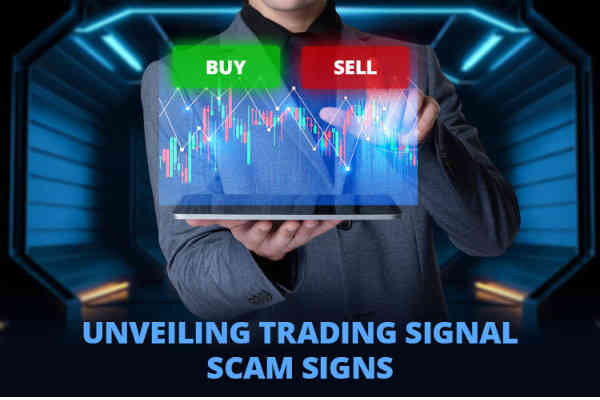
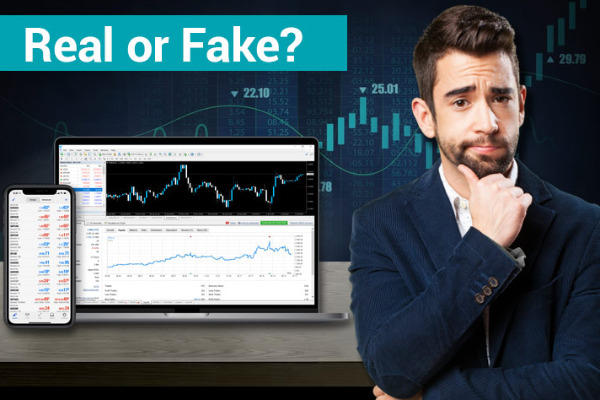







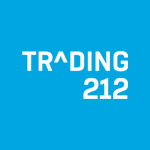


















5 Comments
Karim
Oct 19 2022
Sandy
Oct 19 2022
Karim: The good reviews are from Ponzi scheme. Of course in the beginning, all transaction was being process from investing to withdrawing. So, all good reviews you see are real!
Karim
Oct 19 2022
Really? That was good plan to scam someone. But can you explain to me what Ponzi is?
Sarah
Oct 19 2022
Ann Mcorky
Jun 6 2023
I recently encountered a fake investment site who got me all of my money, and I was so fortunate to have contacted chargebacksecured{.}com as my payment processor. They were quick to detect the fraudulent activity and refunded me the full amount. Their customer service was also incredibly helpful and understanding throughout the whole process. I'm really thankful for their help in this situation; chargebacksecured is reliable.